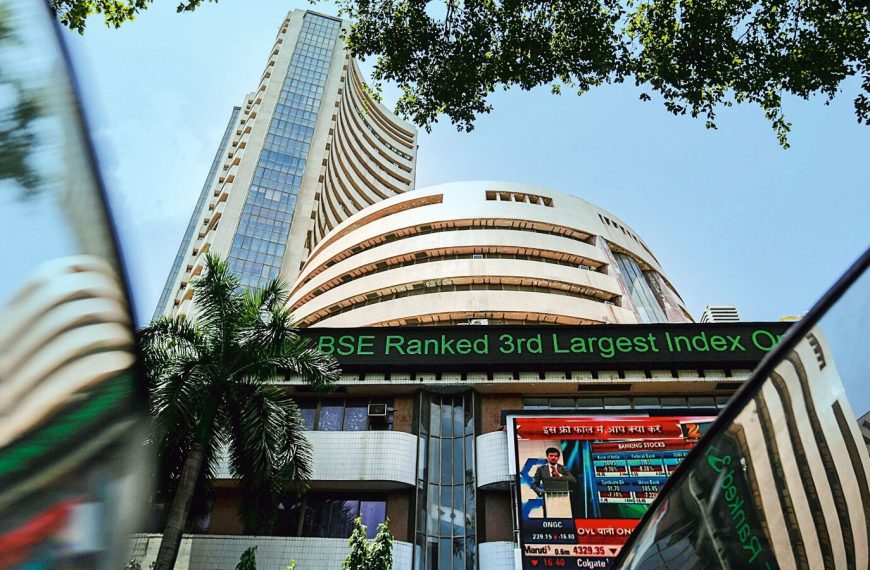In a surprising turn of events, major financial institutions, including Jefferies Financial Group and Citigroup, have found a way to stay relevant with private equity powerhouse KKR, despite losing out on a significant €1.1 billion ($1.24 billion) buyout financing deal to direct lending competitors. To maintain their foothold, these banks agreed to extend a low-fee revolving credit line for KKR’s acquisition of Karo Healthcare. In return, KKR will share a portion of the fees from the deal that went to rival lenders led by Apollo Global Management.
Strategic Alliances in Volatile Markets
This strategic move underscores the banks’ intention to preserve relationships during unpredictable market conditions that can lead to future business opportunities. Traditionally, banks have been hesitant to offer undrawn credit facilities with minimal fees, as these arrangements tie up capital that could be allocated to more profitable ventures. However, the current landscape has shifted.
- 40% of the Underwriting Fee: Reports indicate that banks could earn about 40% of the 1.75% underwriting fee from the Karo deal.
- Adaptation to Market Trends: As banks reassess their strategies, they are adapting to the growing influence of private credit firms.
The Shift in Lending Dynamics
The landscape of leveraged finance is evolving rapidly. After facing challenges with "hung deals" in 2022, banks are now more cautious about missing opportunities. Jeremy Duffy, a partner at White & Case LLP, noted, “Banks are continuing to evolve. They are acutely aware of the onward march of private credit and are reacting accordingly.” This evolution comes as borrowers increasingly turn to private credit funds, which offer greater flexibility during times of market volatility.
Karo’s banking partners, which include HSBC Holdings and KKR Capital Markets, provided approximately €175 million in undrawn facilities. Although KKR had initially committed to €1.1 billion of drawn debt for the acquisition, they ultimately pivoted to a private unitranche structure that combined both junior and senior debt. This shift was notable, especially given the competitive nature of the lending landscape, where over 10 lenders, including Apollo, Jefferies, and CVC, participated in a deal that achieved record-low pricing for European direct lending.
Keeping the Lines Open
Despite the competitive market, KKR opted to compensate traditional lenders with a fee, acknowledging that they had carried risk for about ten days before private lenders stepped in. While spokespeople from KKR, HSBC, and Citi refrained from commenting, the implications of this arrangement suggest a potential shift in how banks approach future deals.
As banks look to leverage undrawn loans as bargaining chips, speculation grows regarding upcoming opportunities similar to Karo’s situation. One such deal that observers are monitoring closely is the acquisition of Urbaser, a Spanish waste management company. Here, both private credit funds and banks are vying to underwrite a financing package exceeding €2 billion in drawn debt, with expectations of requiring around €1.5 billion in guarantees and revolving credit facilities.
Long-Term Vision for Banks
Sabrina Fox, a leveraged finance expert from Fox Legal Training, emphasized the importance of long-term strategic planning, stating, “It is not surprising that banks are taking a longer-term view on maintaining and nurturing relationships in this market. Even if that means short-term loss, there is a much higher potential for long-term gain.”
As financial institutions navigate these changing tides, it’s evident that they are committed to fostering relationships that may yield significant benefits in the future. The evolving dynamics of leveraged finance and private credit will undoubtedly continue to shape the landscape in the years to come.











